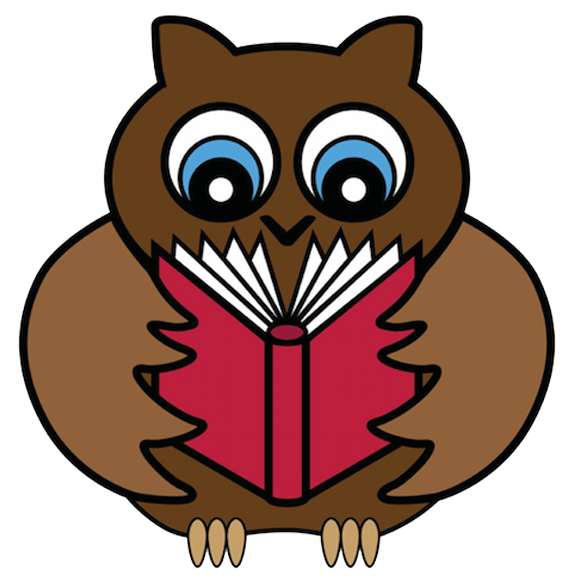English – Writing
Aims
The overarching aim for English in the national curriculum is to promote high standards of language and literacy by equipping pupils with a strong command of the spoken and written language, and to develop their love of literature through widespread reading for enjoyment.
The National Curriculum for English aims to ensure that all pupils:
- read easily, fluently and with good understanding
- develop the habit of reading widely and often, for both pleasure and information
- acquire a wide vocabulary, an understanding of grammar and knowledge of linguistic conventions for reading, writing and spoken language
- appreciate our rich and varied literary heritage
- write clearly, accurately and coherently, adapting their language and style in and for a range of contexts, purposes and audiences
- use discussion in order to learn; they should be able to elaborate and explain clearly their understanding and ideas
- are competent in the arts of speaking and listening, making formal presentations, demonstrating to others and participating in debate.
Intent
At Ernesford Grange Primary School our aim is for all children to become enthusiastic and fluent writers. We value the necessity to communicate clearly both verbally and through writing and therefore provide children with a variety of exciting opportunities to develop their writing skills throughout the broader curriculum. It is our belief that by providing children with every opportunity to write for different purposes and audience we are laying the foundations to develop a life-long love of writing.
Developing pupils’ writing skills is embedded at the heart of our curriculum through well sequenced lessons which build on the knowledge and skills previously gained. We strive to increase children’s confidence by providing them with depth, breadth and ambition in their learning through a curriculum which equips pupils with a strong command of the spoken and written language, and develops their love of literature.
It is our intention to teach the pupils to write for a variety of purposes and audiences: clearly, accurately and coherently, adapting their language style as required. Pupils develop an understanding of the rules of spelling, grammar, and punctuation, and acquire a wide vocabulary which they use appropriately and effectively.
Developing pupils’ writing skills is embedded at the heart of our curriculum through well sequenced lessons which build on the knowledge and skills previously gained. We strive to increase children’s confidence by providing them with depth, breadth and ambition in their learning through a curriculum which equips pupils with a strong command of the spoken and written language, and develops their love of literature.
It is our intention to teach the pupils to write for a variety of purposes and audiences: clearly, accurately and coherently, adapting their language style as required. Pupils develop an understanding of the rules of spelling, grammar, and punctuation, and acquire a wide vocabulary which they use appropriately and effectively.
Implementation
Whilst the National Curriculum forms the foundation of our focus, we ensure that the children learn additional skills, knowledge and understanding. We enhance our English curriculum by using the Cornerstones KRPs supplemented by high-quality selected texts and media which also form units of work.
We believe that a secure basis in literacy skills is crucial to a high quality education and will give our children the tools they need to participate fully as a member of society. These aims are embedded across our literacy lessons within the wider Cornerstones curriculum. Cornerstones provides a rigorous and well organised framework that provides many purposeful opportunities for multi-genre, and cross curricular writing. We also use a wide variety of quality texts and resources to motivate and inspire our children to write.
We believe that a secure basis in literacy skills is crucial to a high quality education and will give our children the tools they need to participate fully as a member of society. These aims are embedded across our literacy lessons within the wider Cornerstones curriculum. Cornerstones provides a rigorous and well organised framework that provides many purposeful opportunities for multi-genre, and cross curricular writing. We also use a wide variety of quality texts and resources to motivate and inspire our children to write.
Impact
The impact on our children is clear: progress, sustained learning, and transferrable skills. With the implementation of the writing journey being well established and taught thoroughly in both key stages, children are becoming more confident writers. By the time they begin in Upper Key Stage 2, most genres of writing are familiar to them, and the teaching can begin to focus on creativity, writer’s craft, sustained writing and manipulation of grammar and punctuation skills.
At the end of each year, we expect the children to have achieved Age Related Expectations for their year group. Through intervention and quality first teaching some children will have progressed further and achieved greater depth. Children working below the expected standard receive appropriate support and intervention.
At the end of each year, we expect the children to have achieved Age Related Expectations for their year group. Through intervention and quality first teaching some children will have progressed further and achieved greater depth. Children working below the expected standard receive appropriate support and intervention.
